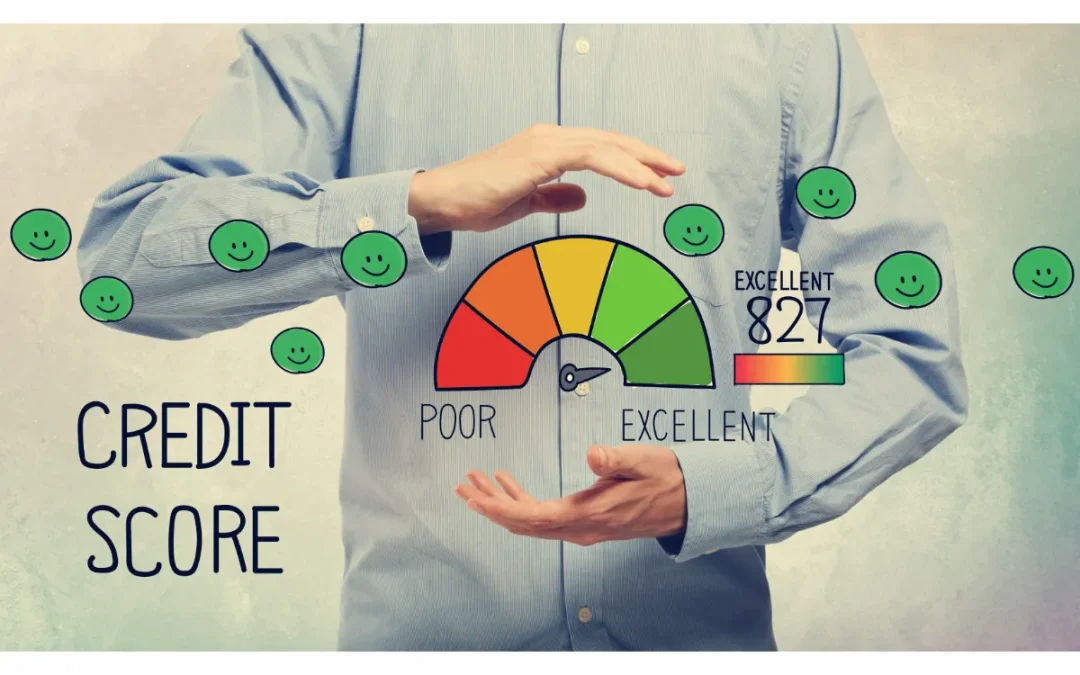Embarking on life’s journey brings a series of financial responsibilities and decisions. As a millennial, you may find yourself grappling with financial hurdles such as student loans, credit card debts, and the need to save for future goals. Coupled with these demands, past financial missteps might have left your credit score in less-than-perfect shape. If you find yourself in this situation, it’s important to remember that it is not the end of the road.
In this guide, we will explore some easy-to-follow yet practical tips to help you restore your credit and establish a solid foundation for financial stability. Let’s get started.
Once you’re done reading this blog, don’t forget to check out Credit Repair Florida, the best credit repair in Orlando Florida.
1.Understand Your Credit Score
Before you start repairing your credit score, you need to understand what it is. Your credit score is a numerical representation, typically consisting of three digits, that provides lenders with an indication of your reliability. A low credit score might stop you from getting that dream apartment or low-interest loan. Aim to get your score above 700. A credit score below 600 needs work. You can check your credit score for free once a year from each of the three major credit bureaus – Experian, Equifax, and TransUnion.
2. Check Your Credit Reports
Once you have obtained your credit score, the next step is to access your credit reports. You can get one free report each year from each credit bureau. A credit report provides a comprehensive overview of your credit activities, including details about your loans, credit cards, and payment history.
Take the time to carefully review each line of your report and look for any errors. Even minor mistakes can have a detrimental effect on your credit score, so it’s crucial to be thorough in your examination.
3. Dispute Errors
If you come across an error on your credit report, there’s no need to panic. You have the right to dispute it and take necessary steps for resolution. Begin by writing a letter to the credit bureau that issued the report. Clearly explain the mistake and provide supporting documentation that substantiates your claim.
The credit bureau is obligated to initiate an investigation into the disputed items, typically within a timeframe of around 30 days. Should they acknowledge the error, they will proceed to correct your report accordingly. That can boost your credit score.
4. Pay Your Bills On Time
After assessing your credit report, the next step is to be proactive and prevent low credit scores. One effective method is ensuring timely payment of all your bills. Late payments are documented on your credit report and can have a lasting impact for up to seven years. To stay organized and maintain a positive payment history, consider setting reminders or using auto-payments to demonstrate your reliability to lenders.
5. Reduce Your Debt
Although it may be challenging, reducing your debt is crucial for credit repair. Develop a plan and focus on tackling high-interest debts first. Whenever possible, make payments larger than the minimum amount required, as this will save you money in the long run.
6. Maintain Low Credit Card Balances
Credit bureaus assess your credit utilization ratio, which reflects how much of your available credit you are using. It’s recommended to keep this ratio below 30%. For example, if your credit limit is $1000, strive to keep your balance under $300. This can positively impact your credit score.
7. Minimize New Credit Applications
Every time you apply for new credit, a hard inquiry is recorded on your credit report. Having too many hard inquiries can lower your credit score. To prevent unnecessary credit score reductions, only apply for new credit when it is genuinely needed.
8. Build a Strong Credit History
Lastly, if your credit history is limited or non-existent, consider options such as obtaining a secured credit card or a credit-builder loan. It’s crucial to make timely payments consistently. With patience and diligence, you can establish a solid credit history over time.
Summary
Remember, credit repair is a journey, not a sprint. It takes time. By following the steps mentioned above, you can gradually improve your credit score.
Looking to repair your credit score and unlock new financial opportunities? Credit Repair Florida is here to help! As the best credit repair in Orlando Florida, we’re committed to restoring your credit health. Connect with us today!
